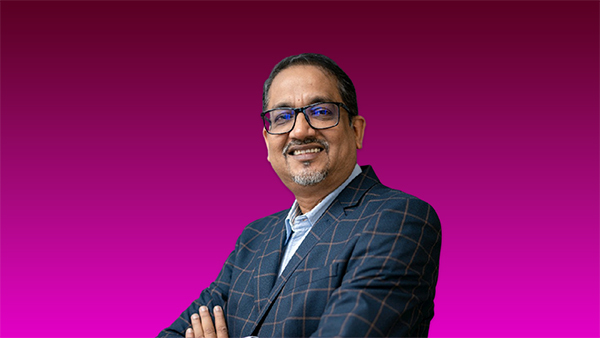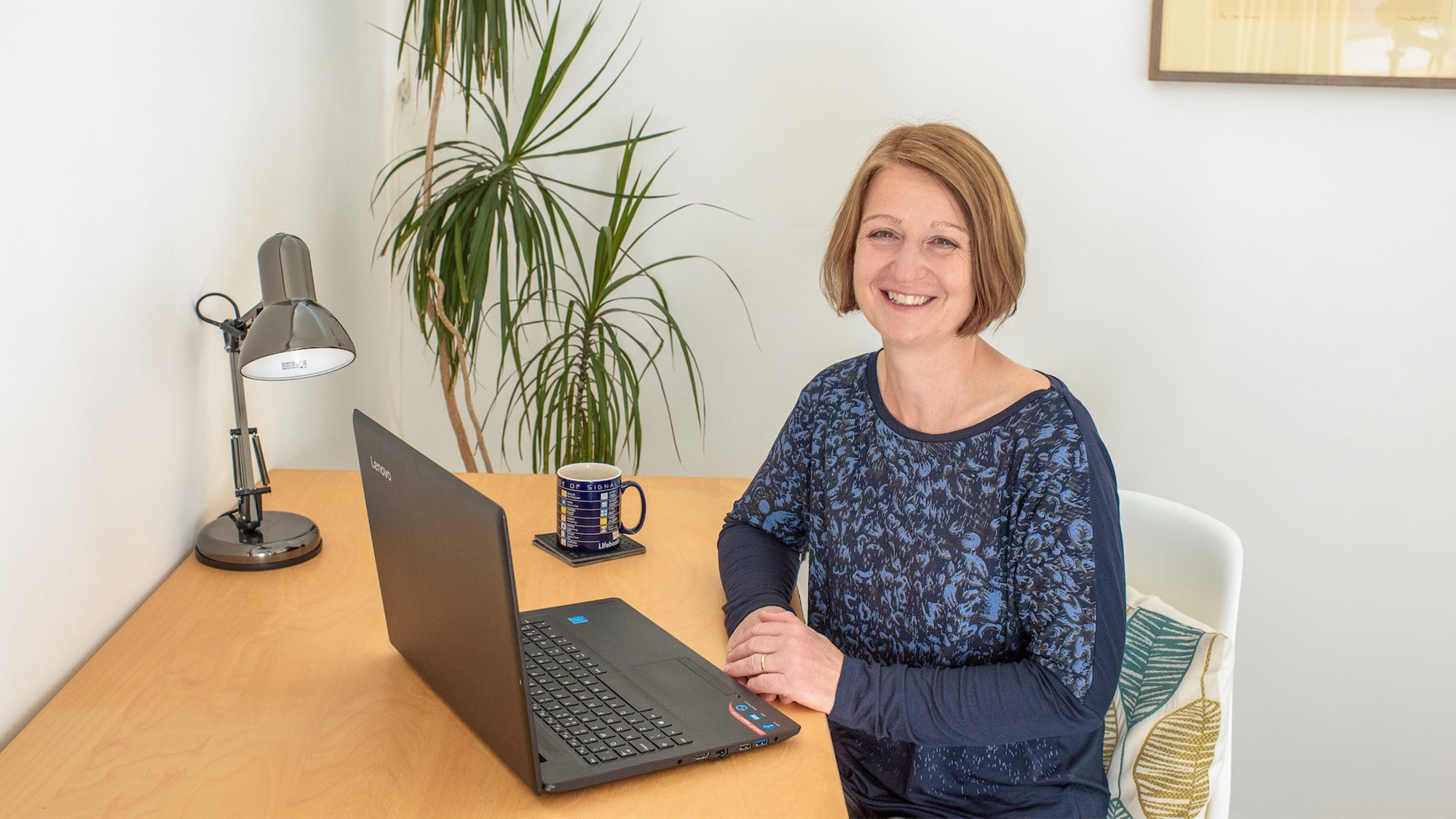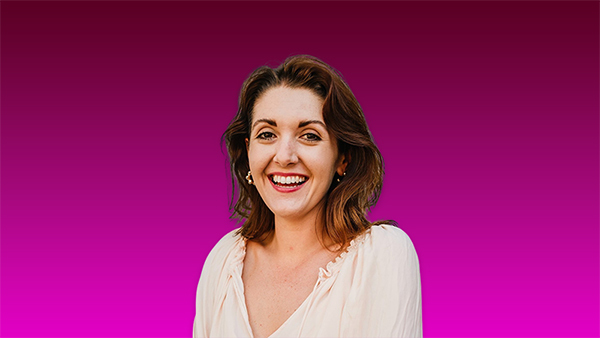AMA: Karina Weitzer, co-founder of Sulis Insights
Sulis Insights is a digital research agency tackling the dark side of the web. Co-founder Karina Weitzer tells us about the work they do to disrupt...
Manage your equity and shareholders
Share schemes & options
Equity management
Migrate to Vestd
Company valuations
Fundraising
Launch funds, evalute deals & invest
Special Purpose Vehicles (SPV)
Manage your portfolio
Model future scenarios
Powerful tools and five-star support
Employee share schemes
Predictable pricing and no hidden charges
For startups
For scaleups & SMEs
For larger companies
Ideas, insight and tools to help you grow

In the sixth episode of FounderMetrics season 3, Vestd founder and CEO Ifty Nasir sits down with Kaushik Roy, founder of Biryani by Kilo (BBK), to explore how he built one of India's fastest-growing food delivery businesses.
From waiting tables at Maurya Sheraton to founding a 300-crore biryani empire, Kaushik shares the defining lessons behind his entrepreneurial journey.
Check out the main takeaways below, or click here to listen to the full episode!
It's been ten years now since I started Biryani by Kilo (BBK) in 2015. It's been an incredible journey - I've been in the food and beverage space my entire career - this is all I've ever known.
I started 31 years ago as a waiter at the Maurya Sheraton in Delhi, just out of hotel management school. Back then, hospitality wasn't the glamorous profession it is today. But I grew with the industry, and by my 10th year, I'd become the CEO of Pizza Corner, a popular restaurant chain in South India.
I went on to lead the premium retail division at Britannia and later became Group CEO at a private equity firm investing in restaurants.
Working closely with small restaurant owners and helping them scale gave me the confidence to try entrepreneurship myself. I realised that I had the operational experience, an understanding of restaurant economics, and the vision to build something meaningful.
In 2015, I noticed something interesting. In South India, biryani isn't just a dish - it's an all-day staple. But in North India, it was hardly available, or worse, what was sold as biryani was just a pulao in disguise. I saw a huge gap.
Biryani, in my view, is the perfect delivery product: it's Indian, flavourful, balanced with carbs and protein, and it travels well - unlike curries, which can be messy.
But there was a reason biryani hadn't taken off in the North. Traditionally, it's cooked in large, 15–20 kilo sealed pots, which are ideal only in places with high demand and fast turnover.
In North India, where rice isn't the primary staple, that model wouldn't work. I knew we needed a new approach: cooking fresh biryani in small, individual pots, on order.
Everyone told me it wasn't commercially feasible. Chefs said you couldn't do proper dum biryani in small pots at scale. That challenge motivated me. I had seen it done at home - why not in a professional kitchen? So, I spent months researching, testing with chefs, and experimenting until we cracked it.
We launched BBK on 27 May 2015. I handed out flyers at dawn and personally delivered the first few orders. People loved it. The feedback was instant and powerful - customers would email or call early in the morning to pre-book their lunch. I realised we had struck a chord.
The concept was simple but disruptive. First, everything is cooked fresh, only after an order is placed. That ensures quality and eliminates kitchen waste. Second, we sell by weight - quarter, half, or whole kilo.
This solves two problems I'd seen for years: food wastage due to over-ordering and portion confusion. People know exactly how much to order for their appetite.
The earthen pot cooking also added a layer of authenticity and sustainability. Customers appreciated the freshness, the zero-touch model, and the traditional feel.
Although we started with just five people in a hidden kitchen, the idea quickly caught on. People would hunt us down on Google Maps, wait in their cars, or travel across town just to try the food.
As someone who had helped build over 200 restaurants, I'd never seen anything take off this fast!
I knew I had something valuable but lacked the investment know-how. That's when I met Vishal on LinkedIn - he had a lengthy background in investing and was looking to move into entrepreneurship.
We connected instantly. He understood the opportunity, saw my operational strength, and believed in the scalability of the model. He joined me full-time, and we became partners, not just investor and founder.
We started slowly, perfecting operations and reducing our turnaround time from 90 minutes to 30. Technology played a role, but so did our unwavering commitment to quality and customer satisfaction.
One of the most important metrics for us was the repeat customer rate. In those early days, before Instagram and Google Ads were big, word of mouth was everything. We were proud to see 65–75% of our customers returning.
People shared our contact details with neighbours, placed repeat orders, and treated our product like a must-have. That told us we were doing something right.
Still, getting our first cheque was tough. We chased an investor for a month just to get ₹5 lakh. Cloud kitchens weren't proven as a concept yet, and biryani wasn't considered a viable category.
But our format - small-batch cooking, delivery-focused, and waste-minimising - was born out of necessity. I didn't have the capital to risk a dine-in outlet, so I opted for delivery. Ironically, that became our most significant advantage.
We expanded cautiously at first. Delhi-NCR came first, then Mumbai and Bangalore. But our real breakthrough was in tier-two cities.
Places like Jamshedpur, my hometown, had the appetite and purchasing power but lacked premium options. We were often the first biryani brand there, and that first-mover advantage still holds.
We now operate in 45 cities, but every expansion comes with customisation. India isn't one market - it's a continent. What works in Delhi might not work in Hyderabad.
We adjust our rice-to-protein ratios, spice levels, and even meat choices according to the region. Like McDonald's, we offer aloo tikki and butter chicken burgers in India, adapting to local tastes without compromising our core product.
When COVID hit, the initial months were tough. But as delivery reopened, we surged. Our product, cooked at high temperature and untouched post-cooking gave customers confidence. Hygiene became a differentiator.
Today, we measure our success through three key metrics: same-store sales growth (i.e., are individual outlets growing year over year?), repeat customer rate (i.e., are people coming back?), and customer feedback.
I read all feedback that falls below a certain threshold and try to respond. You can't build a lasting brand if you don't listen to your customers.
We've also introduced ESOPs to create long-term value for our employees. Some of our earliest team members have remained with us for over a decade, and many now hold equity in the company.
Now, at 56, I've started thinking about the legacy I want to leave behind. My family has sacrificed a great deal while I built BBK, and it's time I take on a second line of leadership. I want people who can think like me, with the same passion.
Technology will also play a significant role - especially as we expand internationally, where labour is expensive. We're investing in automating our kitchens - right from cooking rice to potting biryanis - to ensure consistency at scale.
International expansion is on the horizon. We're experimenting, learning, and testing how well we can replicate our model abroad. We must maintain the same quality and adapt where necessary - for example, switching from mutton to lamb in specific markets, or tweaking flavours.
Ultimately, I want BBK to be a brand that carries forward beyond me. I hope that one day my children can look back and say, "This is what our father built."
For me, it's never just been about money. It's about building something lasting, something that embodies the essence of Indian cuisine and shares it with the world.
You'll find Oli’s episode and more on all popular podcast platforms. Or watch the interview in full on YouTube - don't forget to like and subscribe!

Sulis Insights is a digital research agency tackling the dark side of the web. Co-founder Karina Weitzer tells us about the work they do to disrupt...

One of the toughest challenges founders face is raising funds. Recognised as one of the Top 50 Business Advisers by Enterprise Nation, Hatty Fawcett...

The new season of FounderMetrics starts with a bang as founder and CEO Ifty Nasir talks with business coach and branding expert Nicki Coe, also known...